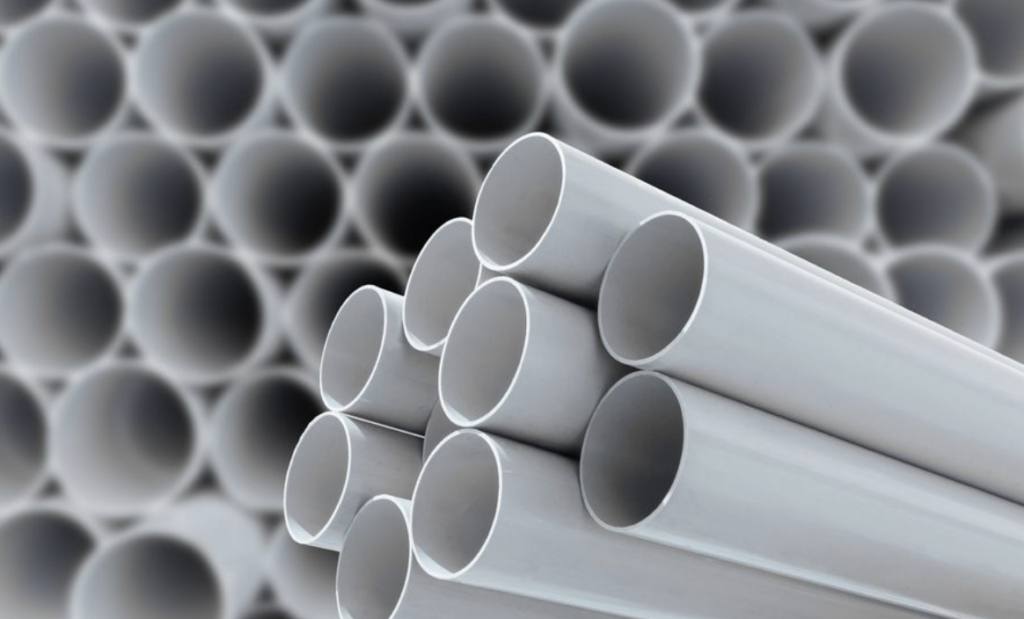
Introduction to Polybutylene Pipes
Polybutylene pipes were once a popular choice for plumbing systems due to their low cost and ease of installation. However, they have since become notorious for their numerous problems and are now considered a plumbing nightmare. Polybutylene pipes were commonly used in residential and commercial buildings from the late 1970s until the mid-1990s. They were marketed as a durable and cost-effective alternative to traditional copper pipes. Unfortunately, over time, it became evident that these pipes had significant flaws that led to a host of issues.
The Problems with Polybutylene Pipes
Polybutylene pipes have a tendency to deteriorate rapidly, leading to leaks and water damage. One of the main problems with these pipes is their susceptibility to cracking and splitting. Exposure to chlorine, which is commonly found in municipal water supplies, can cause the pipes to become brittle and develop small fractures. These fractures can then expand over time, resulting in major leaks and water damage.
Another issue with polybutylene pipes is their vulnerability to pinhole leaks. These tiny holes can develop due to the degradation of the pipe material or as a result of contact with certain chemicals. Pinhole leaks can be difficult to detect and can lead to hidden water damage within the walls or under the floors of a building.
Signs that Your Plumbing System has Polybutylene Pipes
If you suspect that your plumbing system may have polybutylene pipes, there are several signs to look out for. One common indication is the presence of flaking or peeling gray or blue plastic pipes. These are typically polybutylene pipes, although they can also be made of other materials. Additionally, if you notice recurring leaks, water stains on walls or ceilings, or a decrease in water pressure, it could be a sign that your plumbing system has polybutylene pipes that need to be addressed.
The Dangers of Polybutylene Pipes
The dangers associated with polybutylene pipes extend beyond the inconvenience of leaks and water damage. When a polybutylene pipe bursts, it can lead to significant property damage, including structural issues and mold growth. Mold thrives in moist environments, and a burst pipe can create the perfect conditions for its growth. Exposure to mold can cause respiratory problems, allergies, and other health issues, making it crucial to address polybutylene pipe problems promptly.
Repiping vs. Repairing Polybutylene Pipes
When faced with the problem of polybutylene pipes, homeowners have two main options: repiping or repairing. Repairing polybutylene pipes is often a temporary solution and may not address the underlying issues with the pipe material. It is generally recommended to opt for repiping, which involves replacing all the polybutylene pipes in the plumbing system with more durable and reliable alternatives.
The Process of Repiping with Long-lasting Solutions
Repiping is a complex process that requires the expertise of a professional plumber. The first step is to assess the extent of the polybutylene pipe problem and develop a comprehensive repiping plan. This involves determining the areas of the plumbing system that need to be addressed and selecting the appropriate materials for the replacement pipes.
Choosing the Right Materials for Repiping
When repiping a plumbing system, it is important to choose materials that are known for their durability and longevity. Copper pipes are a popular choice due to their resistance to corrosion and their ability to withstand high water pressure. PEX (cross-linked polyethylene) pipes are another excellent option. They are flexible, making them easier to install, and are highly resistant to cracking and splitting. PEX pipes also have the advantage of being more affordable than copper pipes.
Hiring a Professional for Water Line Replacement
Repiping a plumbing system is a complex task that should be carried out by a professional plumber. Hiring a professional ensures that the job is done correctly and in compliance with local building codes. Professional plumbers have the knowledge and experience to assess the plumbing system, develop a repiping plan, and carry out the installation of the new pipes efficiently and effectively. They also have access to the necessary tools and equipment to complete the job safely.
Cost Considerations for Repiping and Water Line Replacement
The cost of repiping a plumbing system can vary depending on various factors, such as the size of the property, the complexity of the plumbing system, and the chosen materials. While repiping may require a significant upfront investment, it is a worthwhile expense considering the long-term benefits and the potential cost savings from avoiding water damage and frequent repairs. It is best to consult with a professional plumber to get an accurate estimate based on your specific circumstances.
Maintenance Tips for Your New Plumbing System
Once your plumbing system has been repiped with long-lasting solutions, it is important to take steps to maintain its integrity and prevent future issues. Regular maintenance can help extend the lifespan of the pipes and ensure optimal performance. Some maintenance tips include:
- Regularly inspecting the plumbing system for any signs of leaks or damage.
- Avoiding harsh chemicals that can corrode or degrade the pipes.
- Insulating exposed pipes to protect them from freezing temperatures.
- Flushing the system periodically to remove any sediment or debris.
- Scheduling regular check-ups with a professional plumber to identify and address any potential issues.
Conclusion
Polybutylene pipes can be a nightmare for homeowners due to their propensity for leaks and water damage. If you suspect that your plumbing system has polybutylene pipes, it is essential to take action to replace and upgrade them with long-lasting solutions. Repiping the plumbing system with durable materials such as copper or PEX pipes is the most effective way to address the problems associated with polybutylene pipes. By hiring a professional plumber and following proper maintenance practices, you can ensure the longevity and reliability of your new plumbing system. Don’t wait for a disaster to strike—call First Response Plumbing today to schedule a consultation and take the first step towards a plumbing system that you can trust.